China's first independent fishing moratorium on the high seas came into effect today
In accordance with the notice of the Ministry of Agriculture and Rural Affairs on Strengthening conservation of Squid Resources in the High Seas for Promoting Sustainable Development of China's Distant Water Fisheries (NO.16 [2020]), China's fishery Administration has, for the first time, conducted a three-month autonomous fishing moratorium in relevant waters of the high seas of the southwest Atlantic on July 1, 2020.
The first independent fishing moratorium on the high seas is an innovative measure taken by China against some regional fishing activities on the high seas that have not been managed by international organizations. It is of great significance to promote the scientific conservation and long-term sustainable use of international high seas fishery resources.
It is understood that the fishing moratorium is between 32°S-44°S and 48°W-60°W in the open seas of the southwest Atlantic, which is one of the main operating areas of China's pelagic squid fishery.
During the fishing moratorium, all Chinese ocean-going fishing vessels, including squid fishing and trawlers, operating in the corresponding areas of the high seas of the southwest Atlantic shall cease operations.
In relevant waters of the high seas of the eastern Pacific, a three-month autonomous fishing moratorium will be implemented from September 1.
Zhang Xianliang, director of the Fisheries administration Bureau of the Ministry of Agriculture and Rural Affairs, was interviewed on China's first high-seas fishing moratorium
Reporter:
According to the Ministry of Agriculture and Rural Affairs of the People's Republic of China "on strengthening the conservation of high seas squid resources to promote the sustainable development of China's distant Water fishery" (hereinafter referred to as "notice"), since July 1, China for the first time in the southwest Atlantic relevant waters of the high seas for three months of independent squid fishing moratorium.
What is the background of this fishing ban?
What is the significance of an independent fishing moratorium on the high seas?
A:
Squid is the largest fishing target of a single variety of pelagic fisheries in China, China has become the world's leading producer, market and consumer countries of high seas squid.
However, due to various reasons such as climate change, in recent years, the annual fluctuation of squid resources has become more and more significant in several high seas fisheries including the southeast Pacific Ocean and the southwest Atlantic Ocean, and enterprise management risks have increased.
After extensive research and expert argumentation, we believe that the implementation of fishing ban is an effective way to protect fishery resources, increase resource replenishment and fishery efficiency.
The fishing ban area is based on expert research, preliminarily determined the main spawning grounds of squid.
China's deep-sea fishing industry has always adhered to the principle of sustainable development. This initiative and independent implementation of the fishing moratorium is an important manifestation of practicing the concept of "a community with a Shared future in the ocean" and actively participating in international Marine governance.
We are ready to actively cooperate with relevant coastal countries and international organizations to jointly formulate and participate in relevant proposals and measures for the conservation of high seas fishery resources.
Reporter:
May I ask why the high seas of the southwest Atlantic ocean is the first choice for the independent fishing zone of China's distant water fishery?
Will the fishing ban be extended?
A:
The high seas of southwest Atlantic ocean is one of the main fishing grounds of pelagic squid in China.
In recent years, the squid resources in this fishery are less stable.
Through expert research and demonstration, combined with the production experience of China's ocean-going fleet, we believe that the implementation of fishing ban in the high seas between 32°S-44°S and 48°W-60°W from July to September will play a positive role in protecting the squid spawning population and restoring the replenishment of resources.
As a trial, only two fishing zones have been specified in the Notice. In addition to the high seas of the southwest Atlantic, we will implement a three-month fishing ban in the relevant waters of the Pacific Common Sea in the Middle East from September to November.
In the future, we will dynamically adjust the time and area of the moratorium based on resource monitoring and evaluation of the effect of the moratorium, including the implementation of the moratorium in other major squid fishing grounds such as the high seas in the eastern Pacific Ocean.
Reporter:
Which fishing vessels are involved in the fishing ban?
What is the impact of the fishing ban on Chinese ocean fishing enterprises?
A:
During the fishing moratorium, all Chinese deep-sea fishing vessels, including squid fishing and trawlers, operating in the corresponding areas of the high seas of the southwest Atlantic shall cease fishing operations.
The suspension of operations will certainly have a temporary impact on offshore enterprises, but the moratorium can help protect juveniles, mitigate the impact of climate and other factors on resource volume, thus contributing to the scientific conservation and long-term sustainable use of resources.
Seasonal fishing ban is not only a common resource conservation measure in the world, but also an important long-term management measure in China's offshore Marine fishery.
Ocean-going fishery enterprises need to raise their awareness of participating in high seas fishery resources conservation, actively adapt to international management rules, and strengthen responsible fishing and international implementation.
Reporter:
During the fishing ban, what measures will China take to ensure the effective implementation of the fishing ban?
A:
The Ministry of Agriculture and Rural Affairs, in conjunction with the competent fisheries departments and relevant units of all localities, will strictly monitor and control the vessel position of ocean-going fishing vessels during the fishing ban, and severely punish those ocean-going fishing vessels and enterprises that violate the fishing ban in accordance with the law.
It is learned that all fishing boats have been evacuated from the fishing ban area after being guided and launched by the competent fishery authorities at all levels.
Reporter:
In addition to fishing ban, what squid fisheries management measures will China take?
In addition, will there be similar measures for other types of high-seas fisheries in China?
A:
For the squid fishing, we will continue to crack down on illegal, unreported and unregulated (IUU) fishing activities, squid resources dynamic monitoring system, implement scientific observers, pilot electronic fishing logs, study and formulate the squid whole industrial chain management, and other measures, set up the high seas squid resources conservation and management of a series of scientific and standardized measures, for the high seas squid fishery sustainable development efforts around the world.
On the basis of trial results and scientific assessments, relevant countries and regional fishery management organizations shall be notified of the fishing moratorium in due course, and unified fishing moratorium measures shall be gradually established at the level of regional fishery management organizations.
For other types of high seas fisheries in China, such as tuna fisheries, saury fishery, we will be in the corresponding within the framework of regional fisheries management organizations, strengthening the monitoring and survey of fishery resources, expand the international and regional cooperation, promoting the sustainable utilization of the related to the high seas fishery resources, to achieve the UN Marine sustainable development goals to make due contributions.








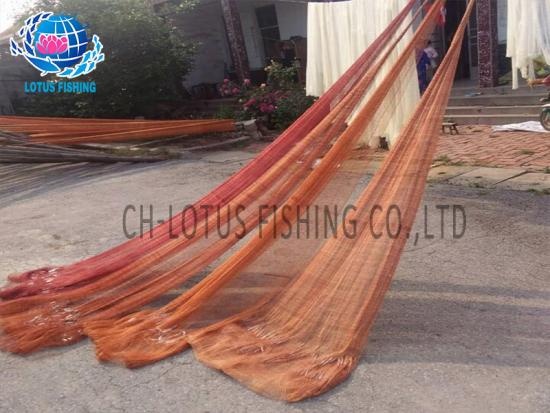
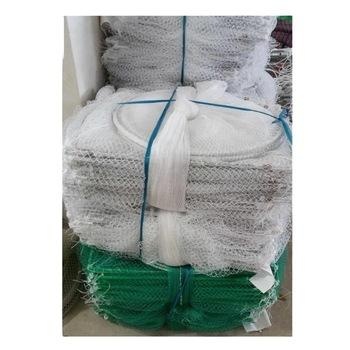
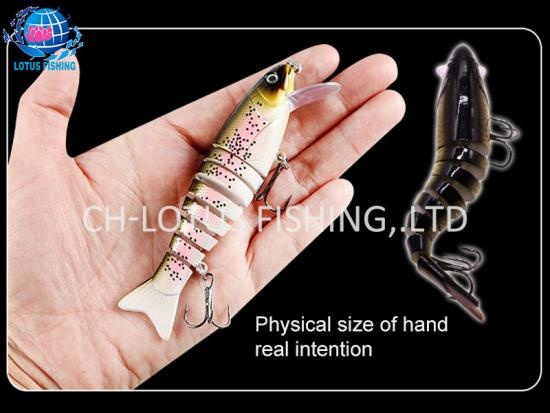
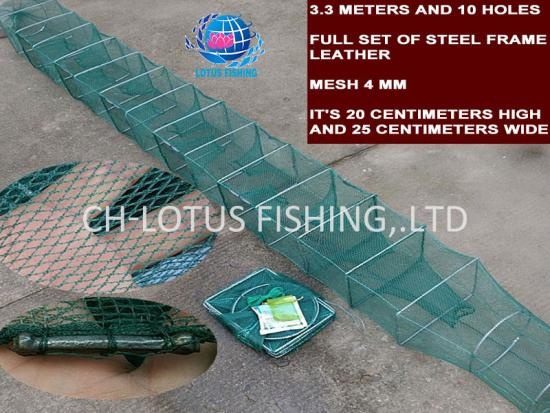
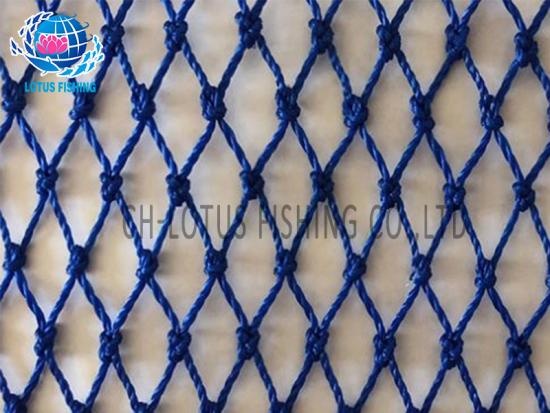
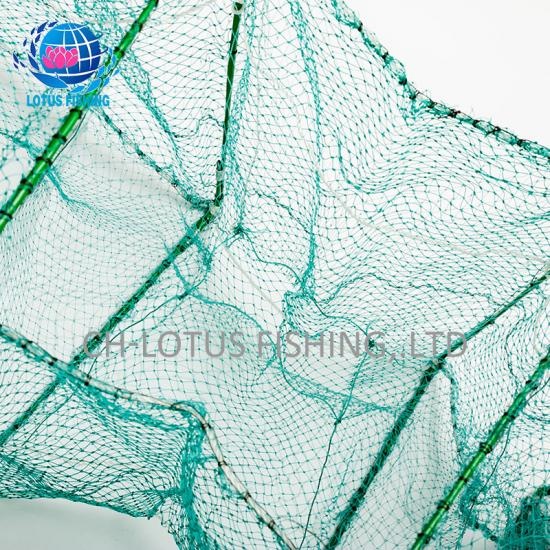
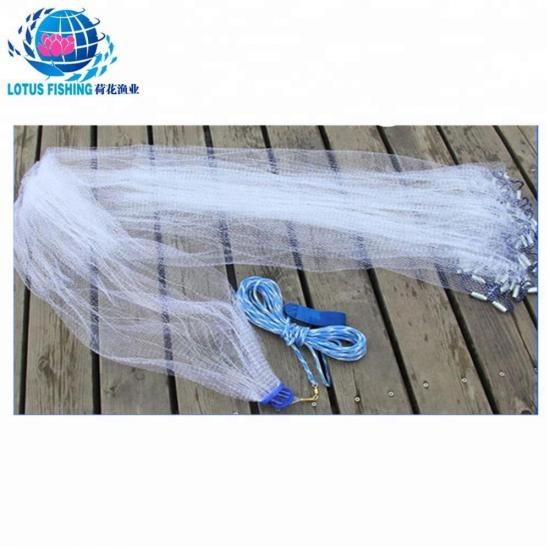








 +86 13818483340
+86 13818483340 +8618269799989
+8618269799989 market@cnfishnet.com
market@cnfishnet.com 0086-0551-88722045
0086-0551-88722045